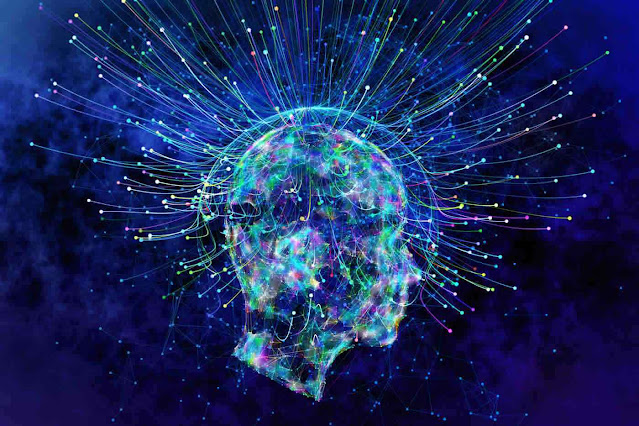The Fascinating World of Neuroscience: Unraveling the Brain's Mysteries
The
human brain, an intricately complex organ housed within the skull, is the
epicenter of our thoughts, emotions, and actions. Neuroscience, the scientific
study of the brain and the nervous system, delves into the fascinating realm of
understanding how this marvel of evolution works. It has unraveled many of the
brain's mysteries, yet it continues to be an ongoing journey of discovery. At
its core, the brain is a network of billions of nerve cells, called neurons,
which communicate through electrical and chemical signals. This vast
interconnected web forms the basis of all cognitive functions, including
memory, learning, perception, and decision-making. By using advanced imaging
techniques, such as functional magnetic resonance imaging (fMRI) and
electroencephalography (EEG), neuroscientists have been able to observe brain
activity and decipher its workings with increasing clarity. One of the most
intriguing aspects of it is the plasticity of the brain. This property allows
the brain to reorganize and adapt in response to experiences, learning, and
even injuries. Neuroplasticity plays a crucial role in rehabilitation after
brain damage and has given hope for potential treatments of neurodegenerative
diseases. Neuroscientists have also explored the brain's relationship with
emotions and mental health. Disorders like depression, anxiety, and
schizophrenia have been linked to specific brain regions and imbalances in
neurotransmitters—chemical messengers that facilitate communication between
neurons. These findings have spurred the development of new therapeutic
approaches, including pharmacological interventions and brain stimulation
techniques.
According
to Coherent Market Insights, Global
neuroscience market is estimated to be valued at US$ 32.75 billion in 2023 and is expected to exhibit a CAGR of 4.1% during the forecast period
(2023-2030).
Moreover,
the study of the brain has shed light on the nature of consciousness itself.
While the exact mechanisms that give rise to consciousness remain elusive,
researchers have identified neural correlates associated with conscious experiences,
offering valuable insights into this enigmatic phenomenon. Advancements in
neuroscience have not only contributed to our understanding of the human brain
but also to the development of artificial intelligence and brain-computer
interfaces. By mimicking brain processes, researchers have created neural
networks that can recognize patterns, process language, and even play complex
games. However, the brain's complexities pose challenges in the field of it.
Understanding the brain's vast networks and the interactions between its
various regions requires interdisciplinary collaboration among neuroscientists,
psychologists, computer scientists, and other experts. Ethical considerations
also arise, especially when dealing with technologies that directly interface
with the brain. In conclusion, the captivating world of neuroscience
has made remarkable strides in unraveling the brain's mysteries. From exploring
its neural circuits to understanding consciousness and mental health, it
continues to expand our knowledge of this incredible organ. As research
progresses, the insights gained from studying the brain may lead to
groundbreaking discoveries, shaping the future of medicine, technology, and our
understanding of what it means to be human.




Comments
Post a Comment